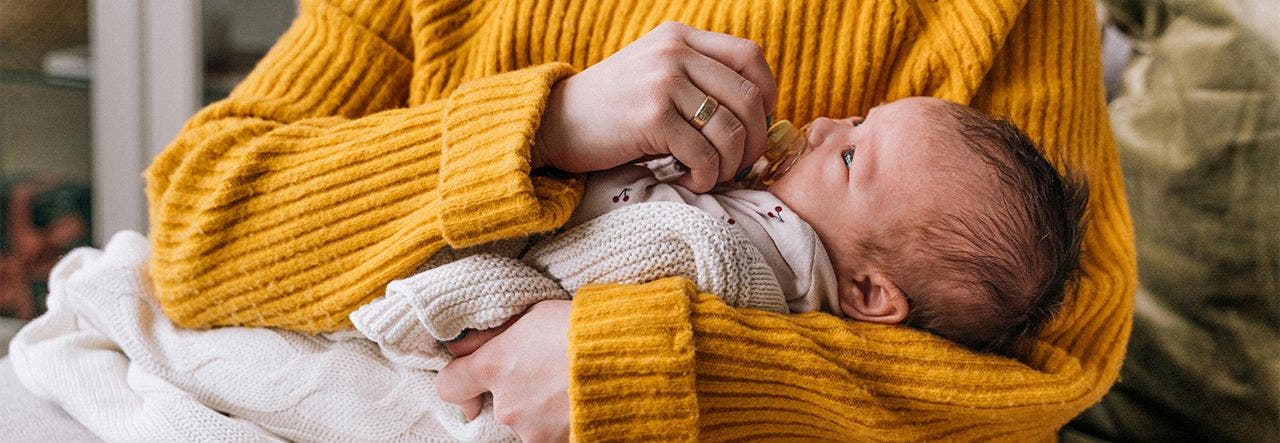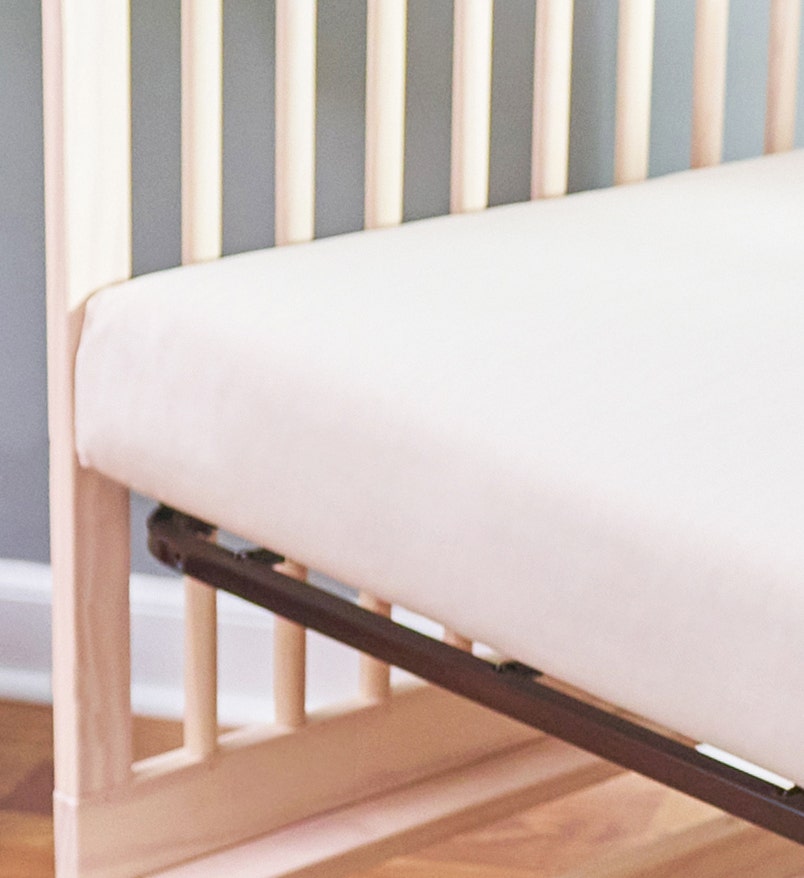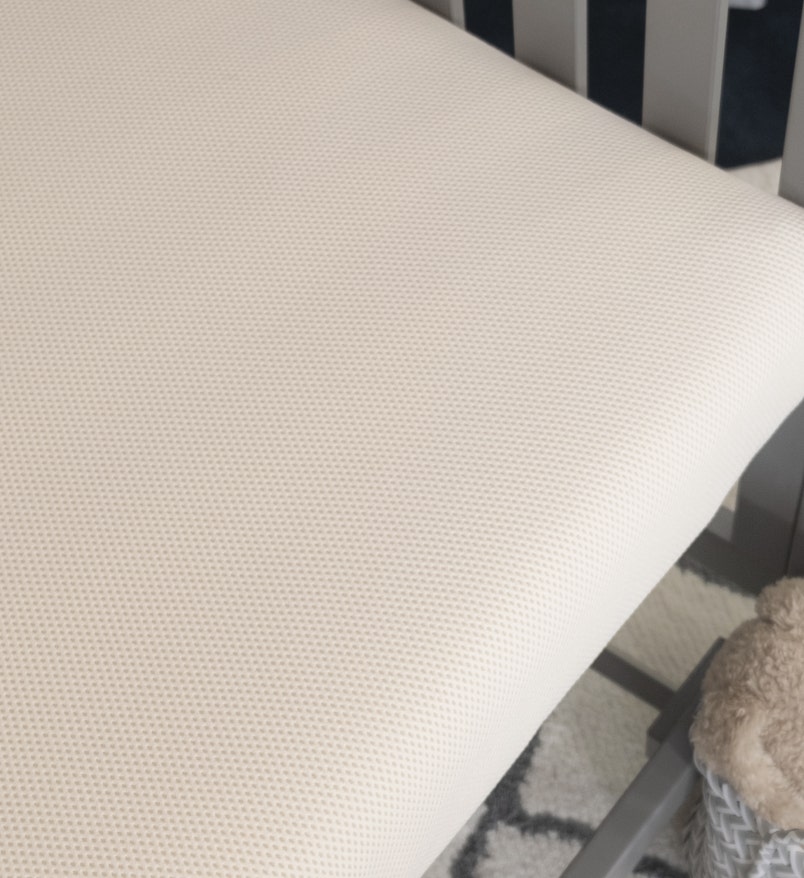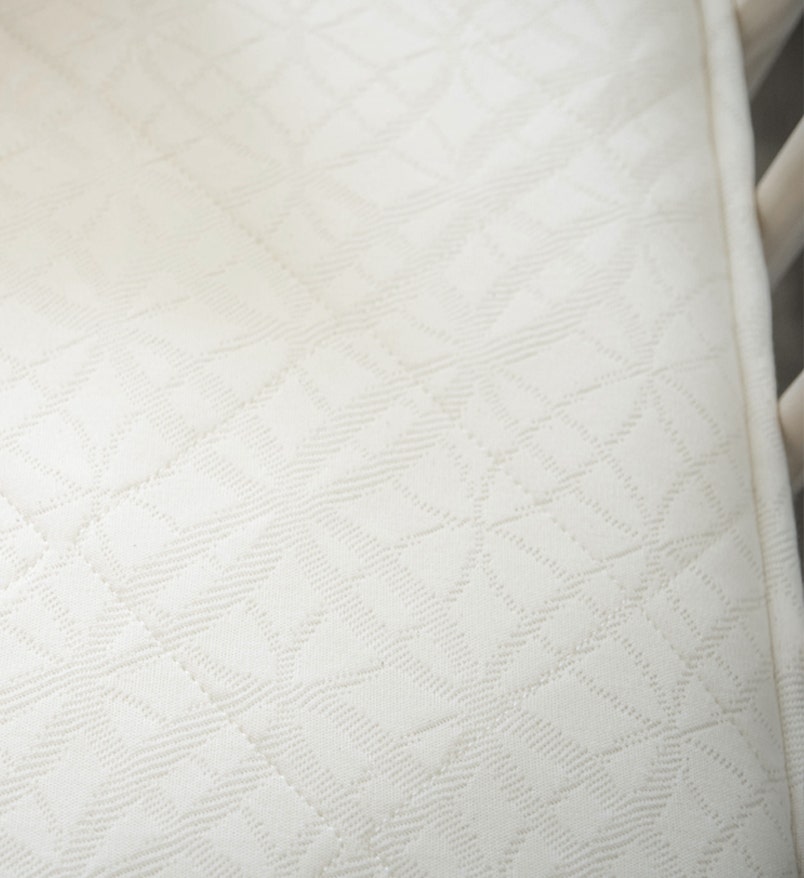We get it parents – the sleep struggle is real. “How are they sleeping?” is a common question and practically a greeting between parents for a reason: babies fight sleep.
You know your little one is tired and ready for bedtime, but still they fight sleep ... even after a nice warm bath and doing your familiar tucking-in routine. You’ve tried swaddling, rocking, feeding, everything, but Baby is still wide awake.
If you're frustrated, it’s perfectly understandable. After all, when Baby sleeps, that’s when you sleep, but if they aren’t sleeping, well, neither are you. You’re also probably asking yourself a million questions: Did they eat enough? Are they just overtired? Is this a sign of separation anxiety?
We’re here to help answer why babies fight sleep and provide a few techniques to help, so you can get back to your own sleep.
Why Do Babies Fight Sleep?
Is your baby arching their back, crying, fussing, kicking, squirming around and generally protesting naps or bedtime? These are all signs of fighting sleep, and there are several potential reasons behind it.
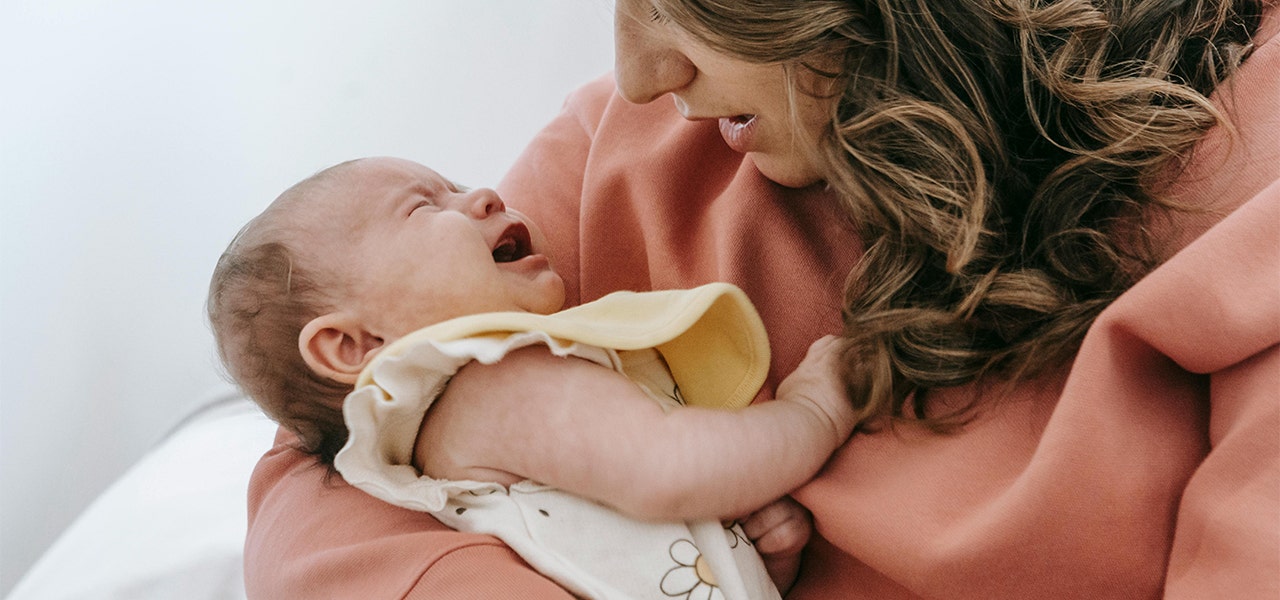

1. They're Undertired
A baby who isn’t quite ready for bedtime is certainly going to protest! As a parent, it’s critical to understand your baby’s sleep cues and understand their needs – body language, mood and level of fussiness will tell you what you need to know. If Baby seems wide awake and happy even though it’s their usual time for a nap, chances are they aren't quite ready yet. Being under-tired is less common in babies and more common in toddlers, but an under-tired baby is most definitely going to fight sleep.
2. They're Overtired
An overtired baby is a true disaster waiting to happen. This scenario can happen quickly, and often you won’t recognize it until it’s too late. If you fail to read your baby’s sleep cues or miss their usual sleep window, they will become overtired and unable to fall asleep due to sheer exhaustion – you’ll have a baby crying instead of sleeping on your hands! As adults, this can be difficult to comprehend at first. When we are tired, we find it easier to fall asleep. But for babies, being overtired can mean that falling asleep is that much harder to do.
3. Separation Anxiety
Separation anxiety usually occurs around eight or nine months when your baby starts to realize that they want to be close to you at all times. When this happens, sleep is simply not a priority – you are. Your baby won’t go to sleep because sleep means being separated from you. For first-time parents, resolving separation anxiety can be really hard work, and this behavior often resurfaces again around 18 months of age, too.
Common Reasons Babies Resist Sleep by Age
Just like how there are different developmental stages for Baby, there’s also reasons behind their behavior at every stage, too. We’re here to clue you into the differences between why they might be resisting sleep at different ages.
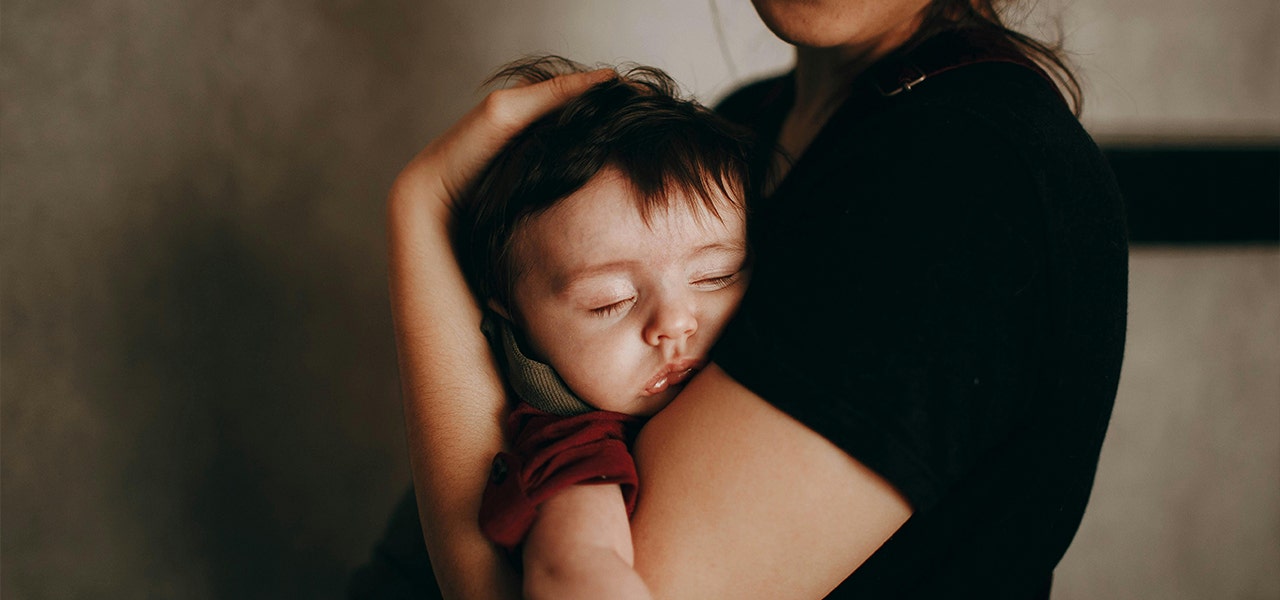

Newborns (0–2 Months)
If you’re asking yourself, “Why won’t my newborn sleep?”, you’re certainly not alone. Parents usually get very little sleep during the first few months and that's partly because newborns fight sleep. Right now, Baby is learning how to adjust to life outside of the womb and guess what? It’s tough! It’s a very different environment and they need time to adjust. They also have short sleep cycles because they need frequent feedings, but this will get better as they get older and can go longer between feedings.
3-4 Months
Welcome to their first major sleep regression. Four-month sleep regression signs include frequent night waking, shorter naps and increased fussiness. As your little one’s sleep cycle matures, they spend more time in lighter sleep stages, which means more frequent wakeups. Plus, they’re becoming more alert (and more curious!), so it’s no wonder they resist naps and bedtime. These changes may be frustrating, but they’re a sign of healthy development! Keep in mind that with time and consistency, their sleep will begin to stabilize again.
5-12 Months
If Baby won’t nap or suddenly starts resisting bedtime around five to 12 months, there could be a few explanations. Separation anxiety may start to surface as your little one is becoming more aware that you can leave, which can feel big and scary. It’s not unusual to find that your baby won’t sleep unless held during this phase because they seek extra comfort and closeness from you. Plus, teething won’t help – along with other developmental milestones like sitting up, crawling and pulling up to stand. As tough as it feels, it’s all part of the journey – remember their body and brain are growing.
Signs Your Baby Is Fighting Sleep
Sometimes signs your newborn is fighting sleep aren’t as obvious as you’d expect – especially as a first-time parent. You’ll find that tired babies often don’t just drift off to sleep, but they push back. Classic baby signs of overtiredness can include:
- Rubbing their eyes
- Becoming extra fussy
- Arching their back
Some babies even get a burst of energy when they’re overtired and become hyper or unusually alert just when it’s time to wind down. Learning to spot these cues of baby resisting naps and bedtime can help you intervene before overtiredness sets in and make it easier for Baby to drift off peacefully.
Should I Worry If My Baby Fights Sleep?
The short answer: probably not. But we understand what it’s like as a parent, so let’s get into the details.
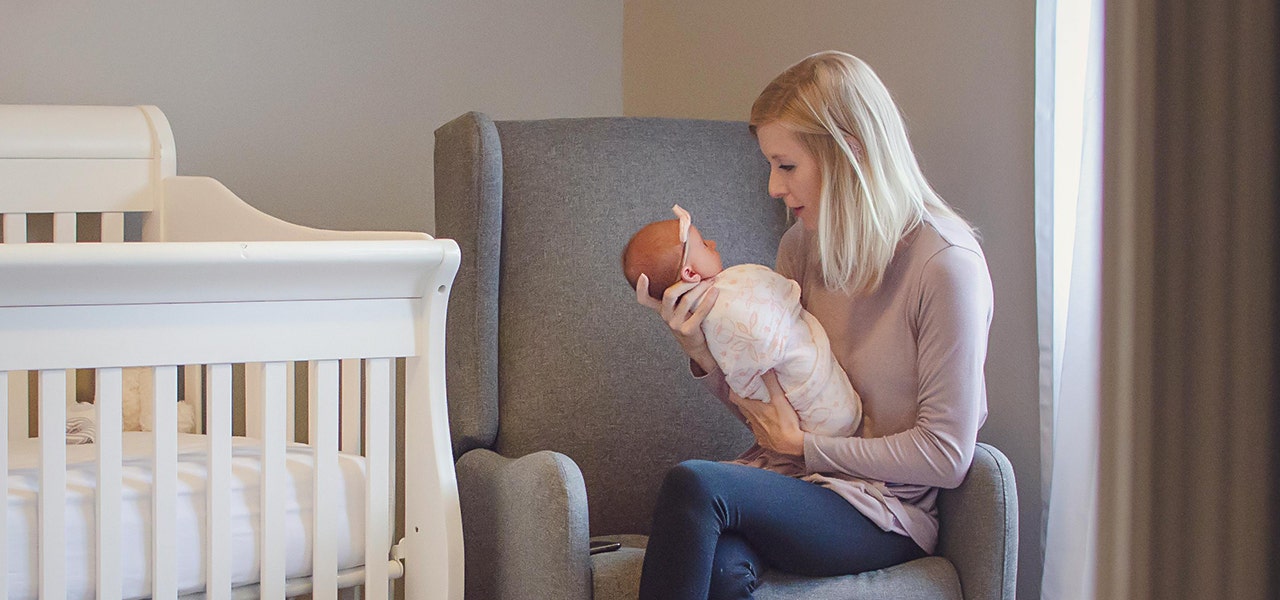

It’s actually common for babies to fight sleep and it’s usually tied to developmental leaps, changes in sleep cycles or growing awareness of their world. These phases can feel endless in the moment, but they’re just phases.
To reassure yourself, try keeping a journal of naps and bedtimes. You might be able to see a pattern of behavior and you can keep track of what does or doesn’t work. Plus, if you decide to check in with your pediatrician for newborn sleep help, you’ll have a lot of helpful info for them.
If Baby won’t sleep despite your best efforts, it’s never a bad idea to consult your pediatrician. A trusted doctor can help determine if there’s an underlying issue and guide you toward the right newborn sleep help. They can figure out if chronic fussiness, reflux or sleep disorders are at play. Just having that extra support and perspective can make a big difference.
What to Do When Your Baby Fights Sleep
So, what can you do? Perhaps you know that your baby is overtired? Or maybe none of the above seems to fit what you’re dealing with?
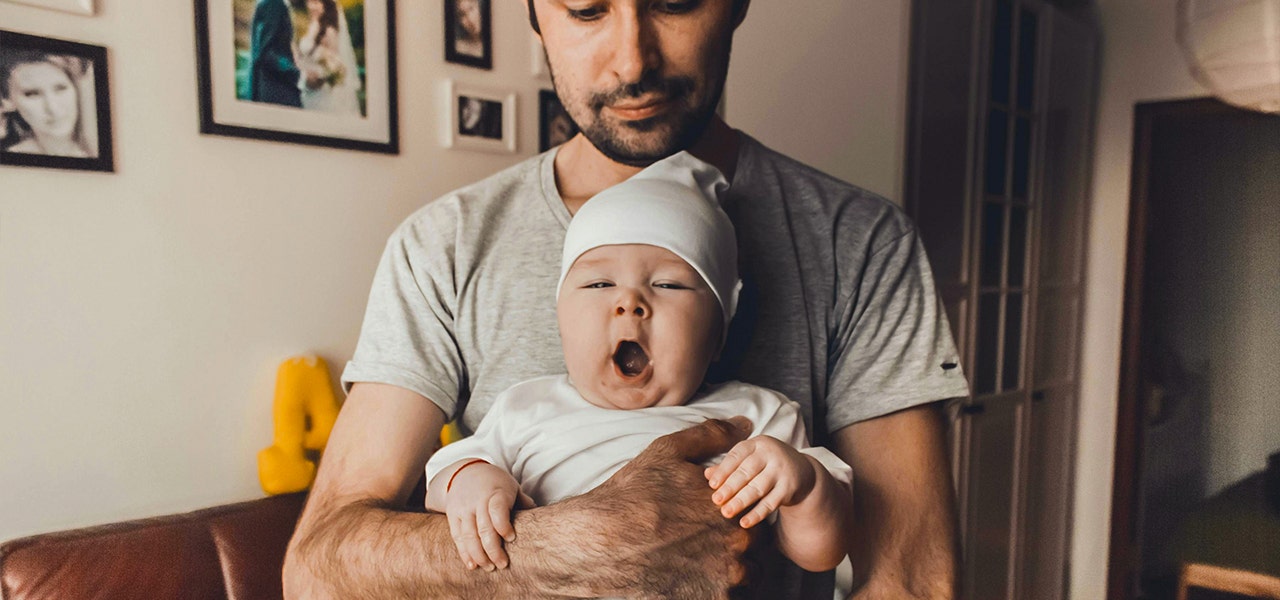

There are many baby sleep solutions out there – the key is finding what works best for your little one. Your baby’s temperament can have a lot to do with how they sleep as well, and they might fight sleep simply because of their personality. But even with this in mind, there are several things that parents can try to fix the issue.
Rethink Their Sleep Routine
Whether your baby is overtired or under-tired, adjusting their sleep schedule can make a big difference in promoting sleep. Try starting your routine a bit earlier if they’re fussy at bedtime, or push bedtime back slightly if they seem wide awake. Sometimes the whole day’s rhythm needs tweaking – shorter or longer wake windows between naps can help balance their energy. Most importantly, focus on consistency. Babies thrive on predictable routines, and a steady rhythm can help them feel safe, secure and ready for sleep. So, try using the same series of calming cues before each nap or bedtime. Speaking of ...
Use Calming Techniques
Even with a solid routine and perfect timing, babies still need a little extra support to fall asleep. Swaddling, gentle motion (like rocking or walking), white noise or a pacifier can help soothe them into rest. These techniques mimic the sensations of the womb and can work wonders – especially during the early months!
Watch Wake Windows and Sleep Cues
One of the most helpful tools in your toolkit is watching for their wake windows and sleep cues. These are the stretches of time your baby should be awake between sleep periods and they vary by age. If you’re missing Baby’s sleep cues (rubbing eyes, zoning out or getting fussy) you’ll risk them getting overtired or putting them to sleep when they’re undertired. Both of which can lead to sleep resistance. Watch their cues and the clock to help with smoother sleep transitions.
Considering the setup of your baby’s sleep environment and what they're sleeping on may also be worth your while. A breathable certified organic crib mattress can help create a safer, more comfortable space for better rest. That's where Naturepedic comes in. Check out these five crib mattress dos and don'ts to learn more.
 BABY
BABY  KIDS
KIDS  ADULT
ADULT  LEARN
LEARN  STORES
STORES 